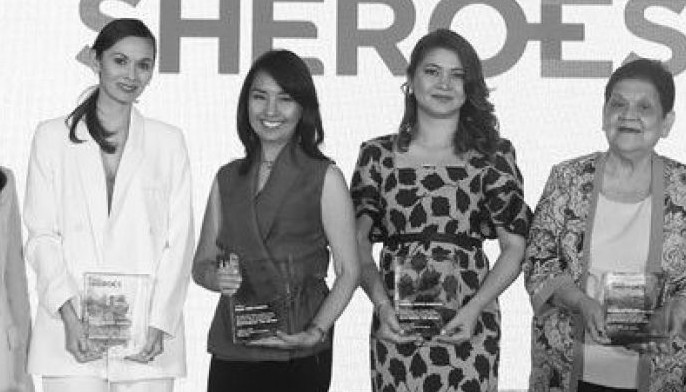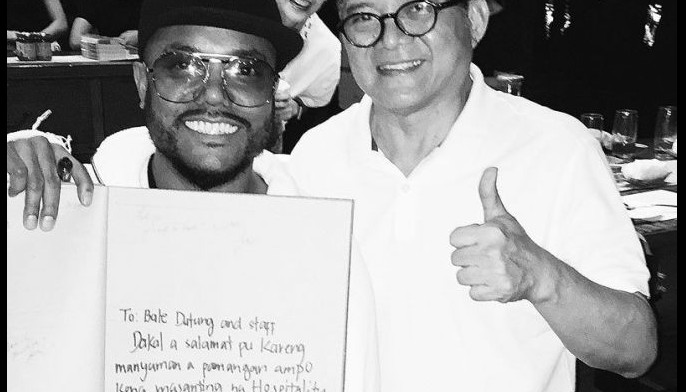Walk this way to Marikina’s shoe festival
MANILA, Philippines - Marikina City is known as the country’s biggest shoe manufacturer. The early ’30s saw Marikina house 139 shops producing an estimate of 260,078 pairs of women’s shoes and 86,692 pairs of men’s shoes.
Soon after, its reputation had reached a more global scale when in the ’70s up to the ’80s, snakeskin shoes and handbags made in Marikina were all the rage in top cities like New York. Its success could be attributed to Don Laureano “Kapitan Moy” Guevarra, considered as the “Father of the Shoe Industry.” During one of his trips to Manila, Kapitan Moy purchased a pair of imported shoes, which he studied part by part. From there, he taught his workers how to create well-made shoes. He also made sure that other Marikeños learned the skill with the intention to make it a source of livelihood for the whole town. It was his vision and belief that paved the way for Marikina City to be known as the “shoe capital of the Philippines.”
Recently, Marikina City commemorated this achievement with this year’s Sapatos Festival. The festival’s theme, “Walk This Way,” according to Marikina City Mayor Del Reyes de Guzman, was “inspired by the many Filipinos who wondered about the once booming local shoe industry, and so, we would like to answer that with this year’s Shoe Festival. It aimed to remind everyone why Marikina is considered the shoe capital of the Philippines and that it is still here and thriving.”
Founded in 2002 by former Marikina City Mayor Marides Fernando, it was previously known as the “Sapatero Festival.” De Guzman said the festival aimed to revitalize not only the city, but the whole industry as well. The festival offered a chance for shoemakers and manufacturers to showcase and promote their products. Along with trade fairs and programs, the festival also had entertainment shows, games and educational forums.
“To this day, the festival remains steadfast in its goal of re-establishing the glory of the local shoe industry,” said De Guzman.
As a result, local shoe manufacturers reported the noticeable increase in interest and patronage from both local and foreign buyers.
De Guzman also said the festival also promoted other products made by residents of Marikina through the “Gawang Marikina, Gawang Kinikilala” campaign. The city is also known for its food processing, porcelain and chinaware, bags, slippers, hats, fashion accessories, among others.
Other event highlights included the Mega Shoe Sale where guests availed themselves of Marikina-made shoes offered at low prices.
The festival, said De Guzman, was also an ode to the resilient spirit of the people of Marikina, who, of late, had experienced flooding. “Through the festival, we would like to make our people feel inspired to rise above the challenges and start anew. It is also when we go hand in hand in helping each other that positive changes can happen,” said De Guzman
- Latest




























